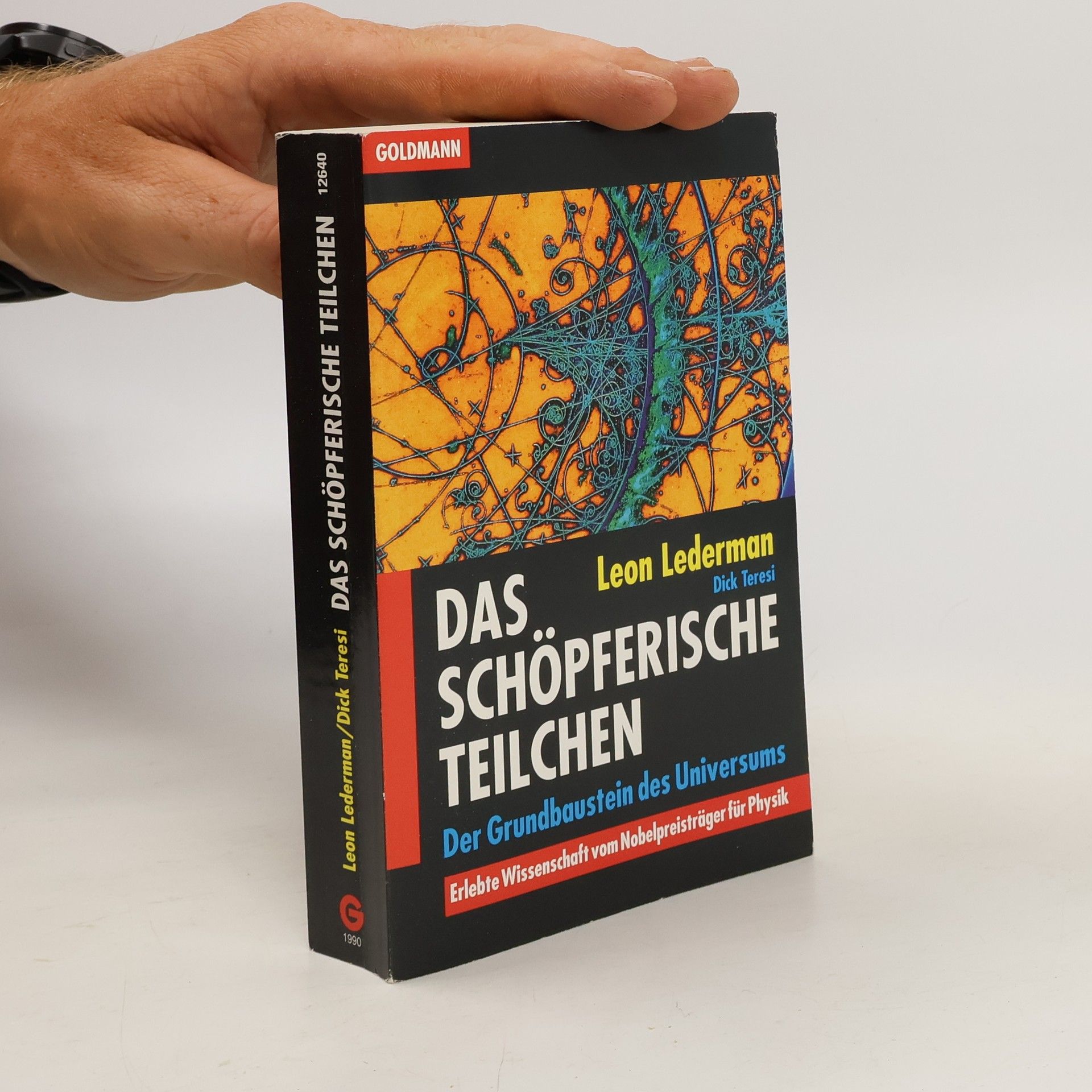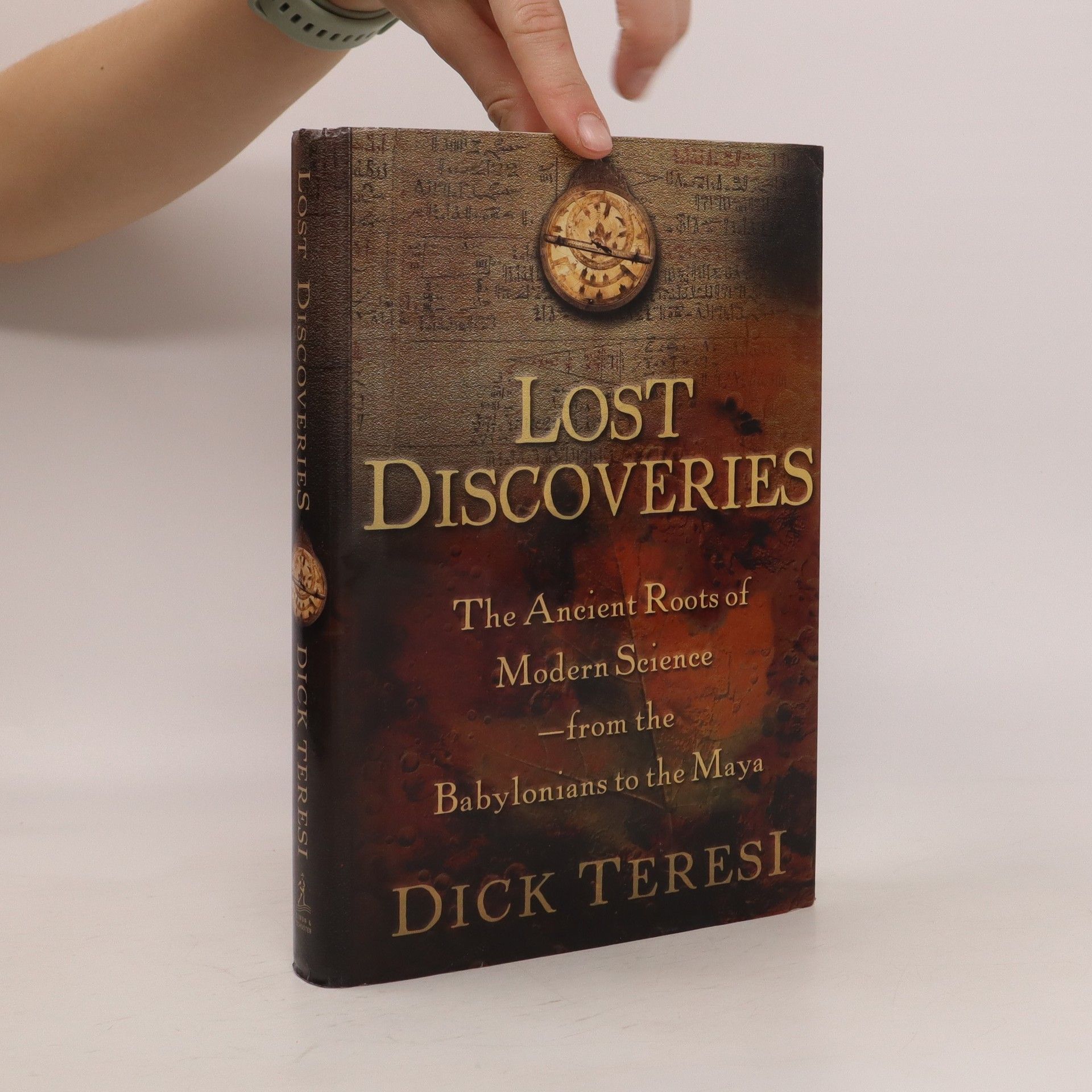Lost discoveries: The ancient roots of modern science - from the Babylonians to the Maya
- 453 pages
- 16 hours of reading
In the tradition of Daniel Boorstin, the cofounder of "Omni" delivers an original work of history that demonstrates why modern science rests on a foundation built by ancient and medieval non-European societies.

